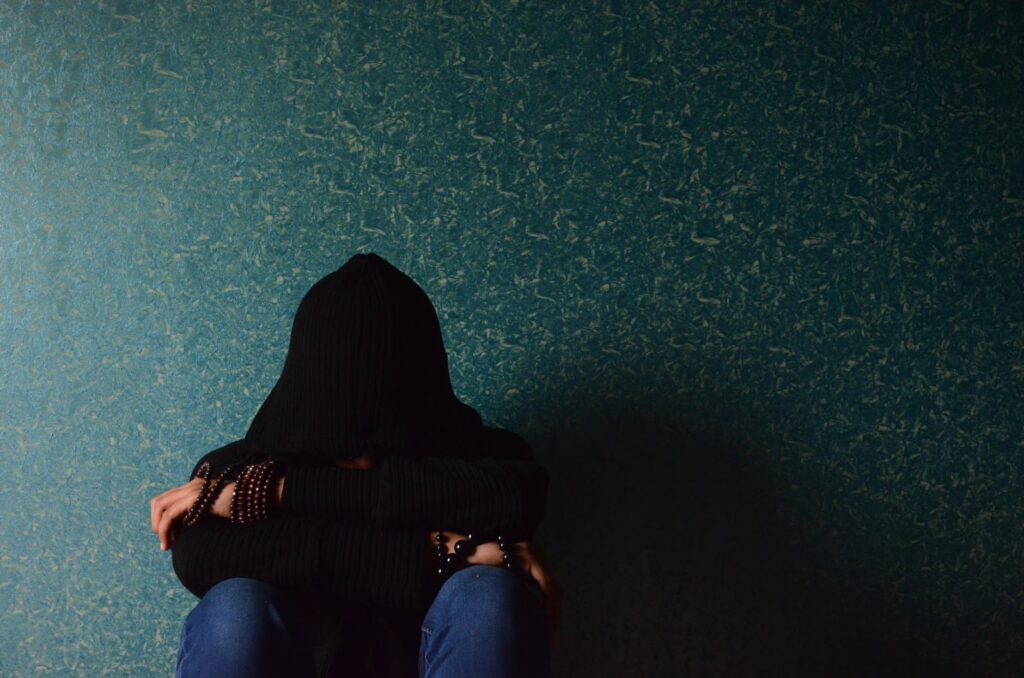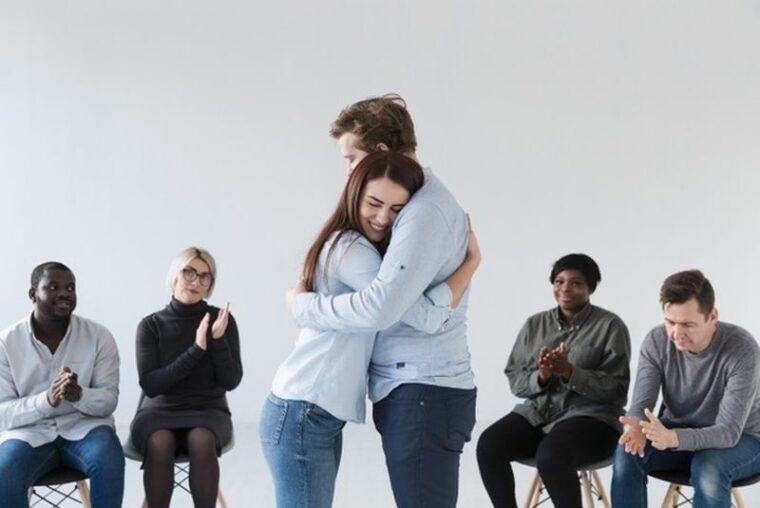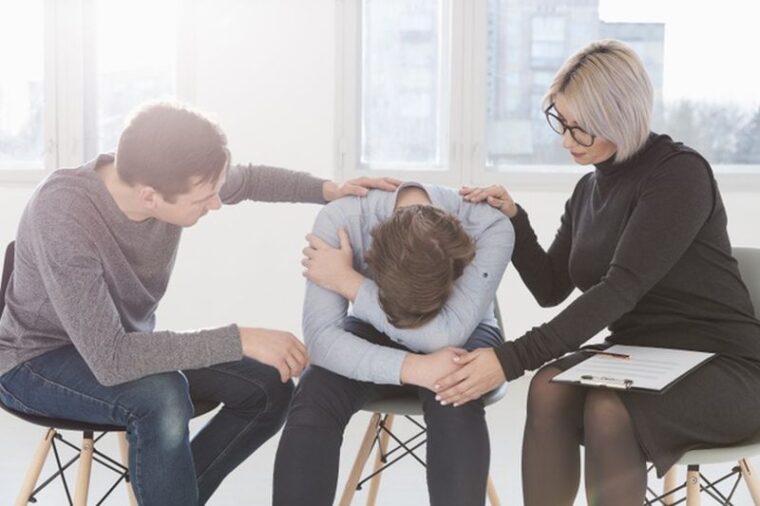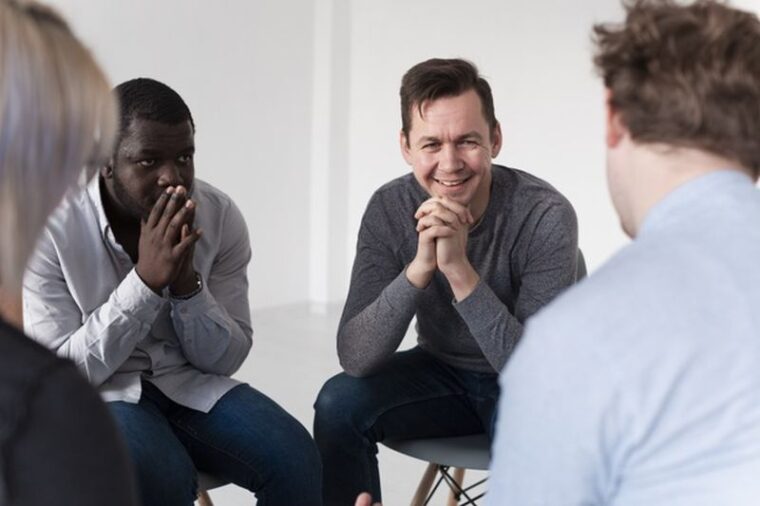If you’re a person dealing with a certain addiction or your close one is suffering, then you’re in the right place. Every addicted person in the suffering state dreams about a free life but still does hesitate in seeking help from rehab centers. Here is a tip for you all. The perception in your mind that seeking help is weakness, is not your thinking and viewpoint. Facing a disease is not a weakness and people suffer from a variety of diseases in their life.
We find a cure for all the diseases and follow the treatment. The same is the case with drugs; the perception of weakness in your mind is not your perception. It is the voice of old generations and cultural misunderstandings that got stuck in our minds. We are people of the 20th century and we move with advancement and technology. We have broadened up our views and thinking; and we know that taking treatment is strength, not weakness.
A way out to transform Lives, Families, and Communities

Drug Rehab Centers are located in every city almost. They provide care of licensed and experienced staff, physicians, and nurses who take care of the addicted person and his needs. They transform the patient with innovation and evidence-based treatments that fulfill and meet all the levels of care.
Whatever the treatment you choose, inpatient or outpatient, they treat you individually with a customized plan to improve your life. Various forms of drugs are smoked, inhaled and some people inject them which lead them to awful conditions. One should get over drugs and seek the light of hope. For more info, check Infinite Recovery. There are certain levels of care when seeking options for the treatment. Let’s discuss them.

-
Medical Assisted Detox
Never try to do a detox at home on your own. You need proper assistance otherwise it can lead to severe medical issues and may cause the demise of the patient. The inpatient detox treatment is done under the guidance of experienced and certified professionals. Detoxification is a treatment in which we remove the harmful effects of drugs and alcohol from our bodies.
-
Residential Program
In this program, the patient receives all-time guidance and counseling due to stay at the recovery center. It is the most versatile treatment which can be offered to a drug addict. All the activities that will be carried out throughout the day are planned and organized. The feedback, response, and condition are monitored and evaluated for further assessments and planning of treatment. The therapy session specifically works wonders in healing the patients.

-
Partial Hospitalization Program (PHP)
In this program, a total of two to five-hour treatment is given to the patient. Some days you get off and some days you are called to a recovery center. They may provide you a site where you can live a sober life with all the sober facilities provided. It is one step away from the residential treatment and is designed for individuals who don’t want to live in the center but need treatment rigorously.
-
Intensive Outpatient Program
Patients get treatment for two to three hours for three to five days a week. It is meant for the people who can’t take five-hour treatment in a day but their condition needs focused treatment and guidance.
-
General Outpatient (GOP)
Patients in this program receive a total of nine hours of treatment in a single week. They don’t live at the locality of the recovery center. This program is not structured much but basic support, education, and clinical services are provided to the patients.
These were the types of treatment one can get and utilize at different recovery centers according to their facilities, services, and instructions.
Whichever door you choose is the right door

Whatsoever treatment you want, drug rehab centers are ready to provide that. Every treatment has its specialties and centers open up their arms to knock your issues out and welcome you for the recovery. This might be the toughest part of the whole recovery process but once you’re done you will realize how meaningless life you were spending.
After treatment, you will realize the worth of your life and will treat yourself with love, care, dignity, and compassion. Choose your treatment technique according to your need, budget, condition, and the plan which feels convenient and suitable for yourself that adjusts to your routine.
Individualized plans set up for all levels
Every individual, every healing journey, and every restoration plan is unique. Rehab centers locate the correct degree of care for you and make an individualized procedure to get you back to your life. Their wide determination of treatment plans implies that there’s a route towards a healthy life for everybody, no matter whatsoever snags you might face. Every plan is intended to address the kind of difficulties and offer assistance where and when one needs it the most.
Your body is too good for drugs; start the therapies and take a new turn
Many therapies and counseling sessions are well constructed at recovery centers. Some of the therapies are:

-
Individual therapy
Individual therapy includes one-on-one sessions between a patient and a trained psychiatrist or a therapist. The objective of the sessions is to meet you at the spot where you are standing and helping you in constructing an idea of where you want to drive. These are private and confidential conversations that take place in a safe and supportive environment where one discusses his past traumas; relationships etc.
-
Family therapy
Family support is a key component of fruitful, long-term recovery. Recovery centers cooperate with you to conclude the level to which you want your family to take part in your recovery sessions.
-
Group therapy
Group therapy is meetings taken place at centers by trained professionals. Typically eight to twelve people are involved who discuss their relevant issues directly to the doctors. It may include in-depth, interactive discussions about substance use, emotional matters, etc. Peers listen to your concerns, support you, and help each other by sharing their experiences and insights on topics.
